Ramadan is the holiest period in Islam and it can be an excellent time to visit Muslim countries, but there are a few things to know before your trip.
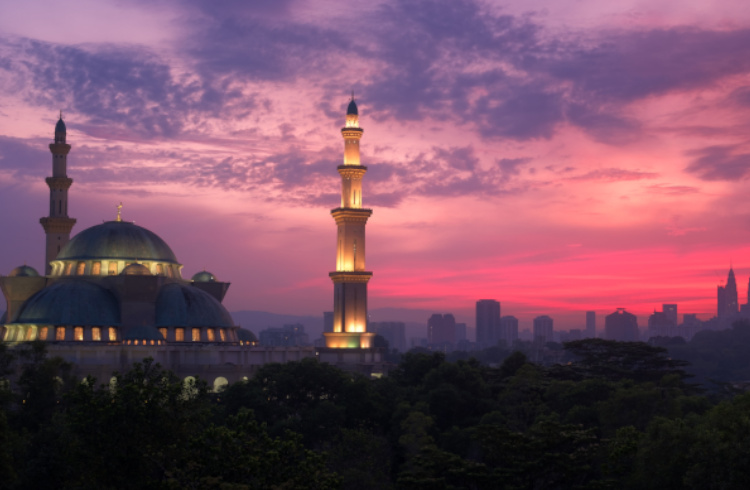 Photo © Twenty47studio
Photo © Twenty47studio
Ramadan is a month-long period of fasting, prayer, reflection, and community observed by Muslims worldwide. It takes place during the ninth month of the Islamic (lunar) calendar, not the Gregorian (solar) calendar which the US, Australia, and most countries follow. As such, Ramadan has no fixed date, so it changes each year and could occur during any month. In 2024, it will begin on March 10.
While Ramadan is considered a period of self-restraint, during which Muslims refrain from eating, drinking, and smoking between pre-dawn and sunset, it is also very much a period of celebration. Visiting a country with a significant Muslim population during Ramadan can make for an incredibly unique visit. For a real treat, plan your visit for the end of the month so you can witness and participate in Eid Al-Fitr, the closing celebration that marks the end of Ramadan.
- Choosing which country to visit during Ramadan
- Food and fasting
- Breaking fast
- Alcohol during Ramadan
- Traveling during Ramadan
Choosing which country to visit during Ramadan
Middle-Eastern and North African countries have the largest Muslim populations, so you will see and feel the holiday more intensely. More people will be fasting, more restaurants will be closed, and alcohol will be harder to find. Several Jordanian friends were jealous to learn I'd be spending most of Ramadan in Egypt, where they said I would "really feel it". I did, and I loved it, but if you are concerned about food and drink restrictions, it may be best to visit a country with many non-Muslims.
Countries such as India and Malaysia have large Muslim populations, but many people also practice Hinduism, Buddhism, Christianity, or no religion at all. As such, it will be much easier to find food and alcohol, and tourist attractions will be more likely to operate on their usual schedules.
Turkey and Indonesia are also majority-Muslim countries, but neither is as strict as Arab countries during Ramadan. In large Turkish cities, you'll see business operating as usual, and, in the words of an Istanbul-born and based friend of mine, food and alcohol will be "as easy to find as bubble gum." In smaller eastern cities, however, alcohol will be much harder to find. In Indonesia, some restaurants will be closed during the day, but you'll always find large chain restaurants open. As Bali is a majority-Hindu island, it is mostly unaffected by Ramadan.
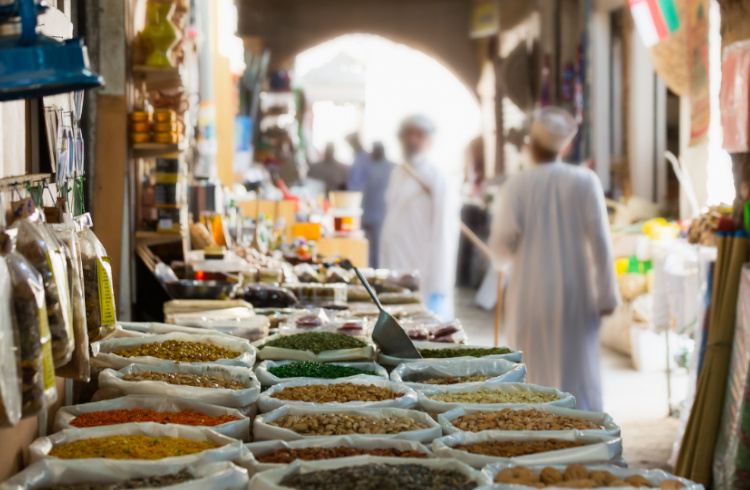
Food and fasting
Regardless of the country you're visiting, it is a sign of respect to not eat or drink in public. If a restaurant is open for lunch, then, clearly, it's expected that you will eat (though the shades may be drawn so that local Muslims do not see food being consumed). However, it would be rude to eat a sandwich on the street or to drink water in front of your fasting guide during a tour. In many cases (Egypt, Jordan, Morocco, for instance), travelers are allowed to eat openly, but there may be fewer restaurant open. Hotels catering to tourists typically do not interrupt regular meal services even if the staff is fasting.
In Morocco, many restaurants will close during the day and during prayers in both small and large cities; however, your hotel or host should be able to give recommendations as to where you can find food. If there will be no nearby restaurants open, speak with your hotel in advance, as they can typically arrange a to-go lunch early in the morning or the night before.
Breaking fast
To prepare for a long day of fasting, many Muslims wake up early for sahur, the pre-dawn meal, which could be as early as 3am, depending on the time of year. After that, they will not eat or drink anything – including water – until after sunset. At this time, you'll see volunteers handing out snacks and bottles of water all over town, even to non-Muslims. I'm a white American woman, and I was often offered water and dates (the typical food for breaking fast) all over Jordan and Egypt.
During the evening meal, iftar, many families gather at home to eat together, while others dine in restaurants, some of which take orders in advance so the food is ready immediately when you come to break fast. In some places, large communal meals are held on the street for anyone who wants to join. This past year, I spent several weeks in Egypt during Ramadan and was invited to join dozens of Muslims who had gathered to break fast on a busy street under a highway in Cairo. As Ramadan has a strong charity aspect, all the food provided was free. I initially felt guilty accepting the free food and tried to decline the invitation, but locals (whom I couldn't communicate with because I don't speak Arabic) insisted I join them. They pulled up a chair and ensured I had water, dates, and a meal in front of me when it was time to break fast.
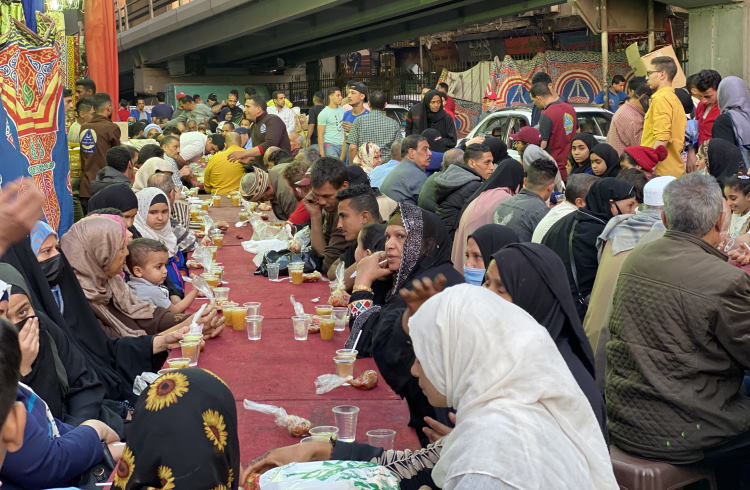
Visitors are not expected to fast, but I chose to fast for much of my time in Egypt because I felt it would help me appreciate Ramadan. Locals were impressed and touched that I was fasting though some were worried about a non-Muslim first-timer going without water (I got some headaches but was fine).
While Muslims are enjoying their evening meal, many shops will be closed. I enjoyed walking the streets in Alexandria during iftar, taking in the rare experience of emptiness in otherwise very crowded areas. I also saw people stopping on the highway to break fast in Hurghada, Egypt. When leaving Jordan during Ramadan, I saw airport employees gathering tables together to break fast in a quiet corner of the terminal.
Alcohol during Ramadan
In very conservative Muslim countries, such as Qatar, which already has strict rules around the consumption of alcohol, finding liquor during Ramadan may prove impossible. While Egypt is less conservative than Qatar, it has a public ban on the sale of alcohol during Ramadan so shops and bars that typically sell alcohol are closed during the month. Large hotels, resorts, and restaurants that cater to tourists may have a stash they're willing to sell to visitors, but these places will be few and far between. While Jordan is much less conservative overall, and it's relatively easy to find food during the day there, alcohol is still quite challenging to find during Ramadan. Typically, it's only available in 5-star hotels.
Traveling during Ramadan
In some countries, Ramadan will have little impact on your ability to visit popular tourist attractions, while in others, it may significantly impact your itinerary. In Jordan, for instance, you'll find that some attractions, like Petra, operate as usual, but areas that tend to be more conservative, such as Wadi Rum, small communities, and rural areas, may offer limited services. This is often the case because the staff and guides are more likely to be fasting, so it would be much more challenging for them to lead tours (particularly physically demanding offerings like hiking and biking tours). This is especially the case when Ramadan occurs during summer. In this case, some activities may be canceled, or they just may be shortened and only offered during the morning hours.
In Egypt, on the other hand, you'll find that even the most popular tourist attractions in/around major cities will close early in the day, but they will sometimes open again later in the day to accommodate visitors. This past spring, I found that Alexandria's libraries and historic sites (and other important places like banks and info centers) opened early and closed for the day around 1pm or 2pm. In Sharm El Sheikh, however, the museums and sites would close early but reopen in the evening and stay open much later than usual (say, from 8-11pm).
Related articles
Simple and flexible travel insurance
You can buy at home or while traveling, and claim online from anywhere in the world. With 150+ adventure activities covered and 24/7 emergency assistance.
Get a quote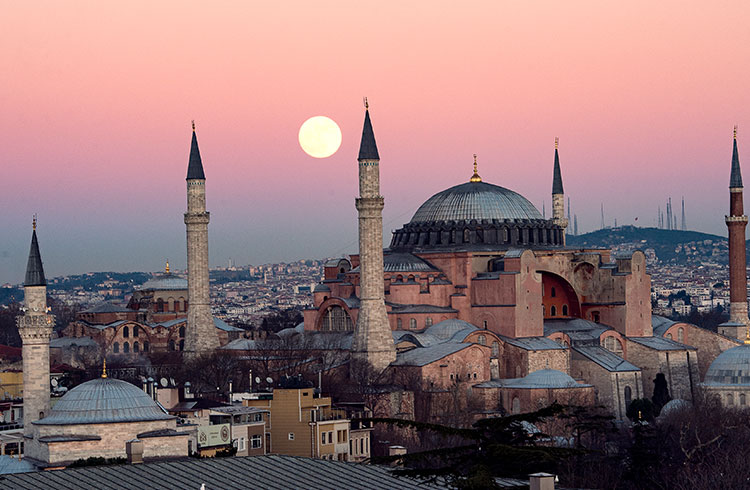
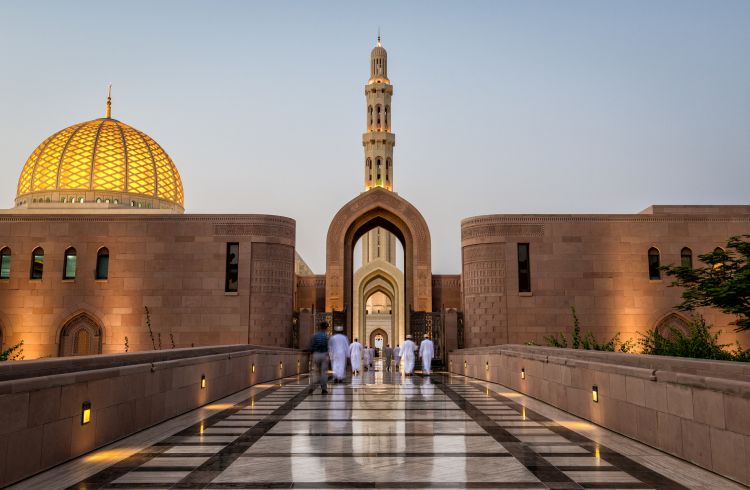
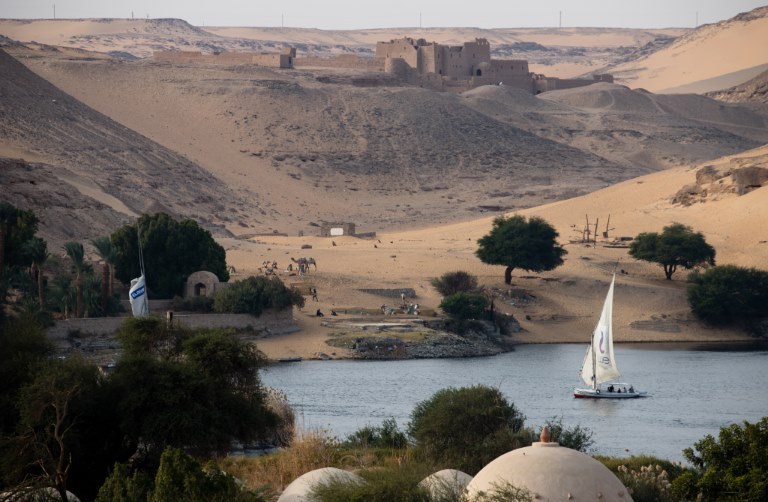
No Comments